The advent of virtual technology has certainly stepped forward our lives in limitless methods. However, with increased display screen time comes the potential hazard of blue mild publicity, that could negatively effect our eye fitness. Understanding the significance of blue mild safety is crucial for keeping optimum eye function and nicely-being.
Key Takeaways:
- Blue light protection is critical for protecting our eyes in the virtual age.
- Prolonged exposure to blue light from displays can cause eye pressure and fatigue.
- Blue light has the capability to interfere with sleep styles and affect average sleep first-rate.
- Prioritizing blue light protection can help lessen the risk of age-related macular degeneration and other eye illnesses.
- There are numerous measures available, such as display screen filters and blue light glasses, to reduce blue light publicity.
What is Blue Light and Its Effects on Eye Health?
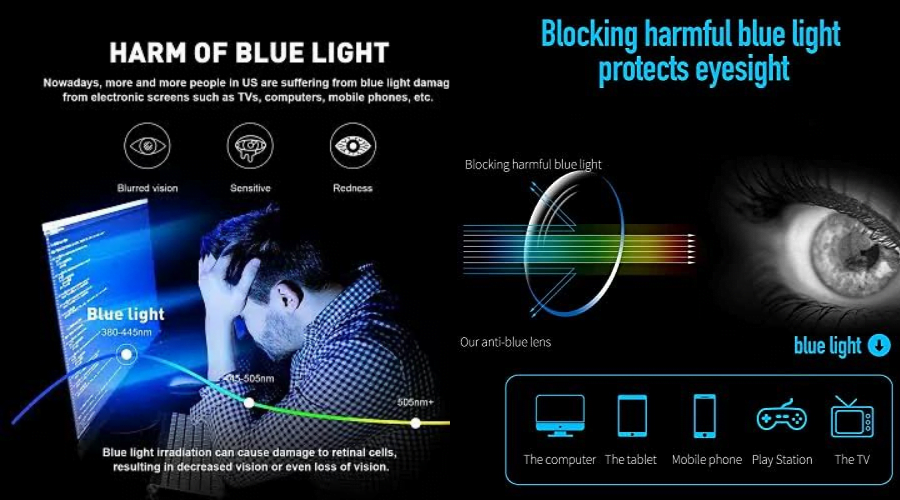

Blue mild is a excessive-strength, quick-wavelength mild this is emitted through digital monitors, LED lights, and daylight. While publicity to natural daytime is critical for our widespread well-being, extended exposure to artificial blue slight will have terrible outcomes on our eye health.
Research has shown that immoderate publicity to blue slight can lead to severa eye-associated issues, which includes eye strain, fatigue, and dryness. The blue moderate emitted thru digital displays can penetrate deep into the eyes and motive harm to the retina over the years. This can potentially contribute to the improvement of greater extreme conditions, together with age-associated macular degeneration.
Eye strain is a commonplace symptom associated with blue moderate exposure. When we continually divulge our eyes to virtual monitors, the excessive depth of blue mild can reason visible soreness, making it extra hard for our eyes to cognizance, most important to eye fatigue and complications.
Additionally, blue slight can disrupt our herbal sleep styles. The exposure to blue moderate, mainly in the night, can suppress the production of melatonin, a hormone that regulates sleep. This can result in troubles falling asleep and getting restful sleep, that could have a awful effect on our traditional fitness and well-being.
To protect our eyes from the harmful outcomes of blue light, it is important to take proactive measures. This also can include restricting display screen time, the usage of blue light filters or glasses, and adjusting display settings to lessen blue mild emission. By prioritizing eye health and being aware of our exposure to blue light, we will help preserve most suitable eye feature and usual properly-being.
How Does Blue Light Affect Sleep Patterns?
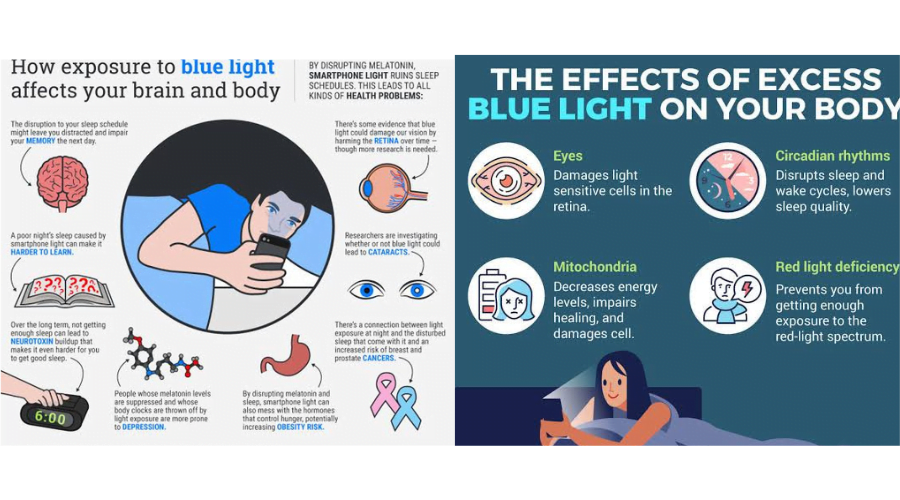

Blue mild publicity has grow to be an increasing number of popular in our current-day lives, normally due to the big use of digital video display units and gadgets. However, the impact of blue slight on our sleep styles and basic properly-being can’t be unnoticed.
When we are uncovered to blue mild, in particular within the middle of the night or at night time time, it can interfere with our natural sleep-wake cycle. This is due to the fact blue light stimulates a part of our mind that suppresses the producing of melatonin, a hormone that performs a important function in regulating sleep.
[“Exposure to blue light in the evening or at night can result in melatonin suppression, causing disruptions in our sleep patterns and reducing the quality of our sleep.”]
Research has shown that publicity to blue moderate earlier than bedtime can eliminate the onset of sleep and decrease the general period of sleep. It also can contribute to sleep disturbances and difficulties in falling asleep, primary to a much less restful night time’s rest.
In addition to the immediately outcomes on sleep, disrupted sleep patterns because of blue moderate publicity could have lengthy-term consequences on our fitness. Chronic sleep deprivation and horrific sleep best were linked to various fitness problems, which include stepped forward hazard of obesity, diabetes, cardiovascular ailment, and mental fitness problems.
To minimize the impact of blue light on our sleep patterns, several measures can be implemented:
- Reduce exposure to blue light from screens and electronic devices in the evening, especially close to bedtime.
- Use apps or system settings that filter out blue light, such as Night Mode or Night Shift.
- Consider wearing blue light blocking glasses, which can help to reduce the intensity of blue light reaching our eyes.
- Create a relaxing bedtime routine that involves minimizing screen time and engaging in activities that promote relaxation and prepare the body for sleep, such as reading a book or practicing meditation.
By implementing these measures, we can minimize the negative effects of blue light on our sleep patterns, improve our sleep quality, and support our overall well-being
It is important to note that everyone’s sensitivity to blue light may vary, and it is recommended to make sleep-friendly habits a priority in our daily routines to ensure we are giving our bodies the rest they need to function optimally.
The Role of Blue Light in Age-Related Macular Degeneration
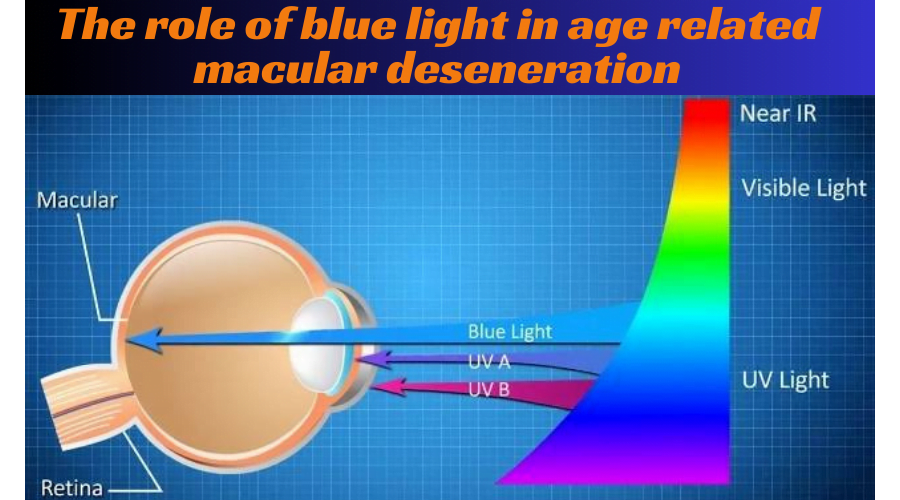

Age-associated macular degeneration (AMD) is a established eye ailment which could bring about excessive vision loss. Research has proven that blue light, that’s emitted by virtual screens, LED lights, and the solar, might also play a big position within the development and development of AMD.
Blue mild has a shorter wavelength and better energy than different colorings on the light spectrum, making it much more likely to purpose damage to the delicate structures in the attention. Prolonged exposure to blue mild can cause oxidative harm and inflammation, both of which can be believed to make contributions to the improvement of AMD.
Studies have indicated that blue mild publicity can boost up the getting older procedure in the retina, specially in the macula, which is chargeable for vital imaginative and prescient. The macula is specially liable to harm, and excessive exposure to blue light can hasten the degeneration of retinal cells, leading to AMD.
To guard in opposition to age-associated macular degeneration and different eye diseases, it’s miles vital to reduce exposure to blue mild. This may be completed via diverse blue mild safety measures, including sporting blue mild-blocking glasses or using display filters on digital gadgets
.
“Minimizing blue light exposure is essential for preserving eye health and preventing the onset or progression of age-related macular degeneration. By taking simple steps to reduce blue light exposure, individuals can protect their vision and maintain long-term ocular health.”
While further research is needed to fully understand the relationship between blue light and AMD, it is clear that minimizing blue light exposure is a prudent measure for anyone concerned about their eye health. By adopting blue light protection strategies, individuals can reduce their risk of developing age-related macular degeneration and other eye diseases.
| Blue Light Protection Measures | Effectiveness |
|---|---|
| Wearing blue light-blocking glasses | Highly effective |
| Using screen filters on digital devices | Effective |
| Reducing screen time | Moderately effective |
| Adjusting display settings | Mildly effective |
| Increasing natural light exposure | Mildly effective |
Understanding Blue Light Protection Measures
When it involves safeguarding our eyes from the harmful effects of blue mild, there are numerous protection measures available. These measures not best help reduce eye stress and fatigue however also make contributions to long-time period eye fitness. In this phase, we are able to explore some effective ways to limit blue light publicity and hold premiere visual nicely-being. Let’s take a better observe two crucial blue light protection gear: display screen filters and blue light glasses.
Screen Filters: Shielding Your Eyes from Harmful Rays
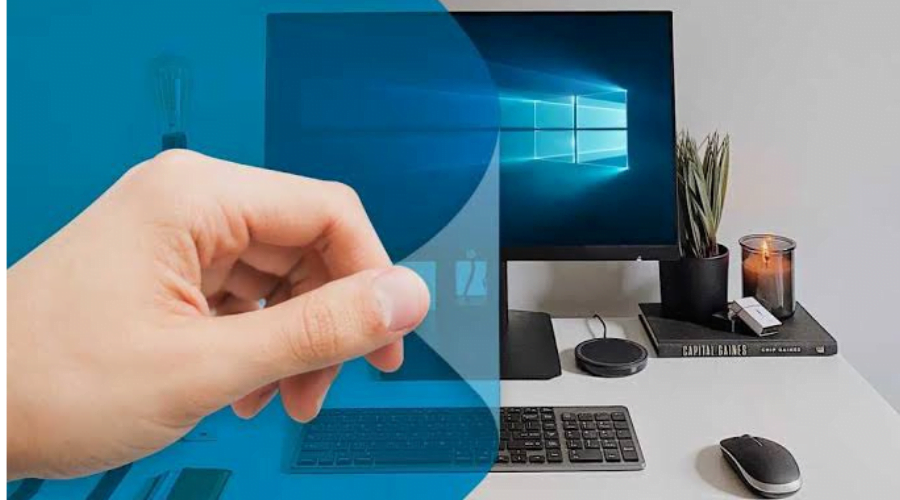

Screen filters are a practical way to limit blue light emitted from digital devices along with smartphones, capsules, and pc monitors. These filters paintings by means of reducing the intensity of blue light even as retaining a clean, vivid show. By making use of a display clear out, you could revel in your digital activities with decreased eye pressure and fatigue:
- Anti-glare filters: Anti-glare filters are designed to reduce glare and reflections to your screen, enhancing visibility and minimizing eye pain. Privacy filters:
- Privacy filters; no longer simplest restriction the viewing angle for others but also act as blue mild filters, creating a extra eye-pleasant environment for you.
Blue Light Glasses: Stylish and Effective Eye Protection
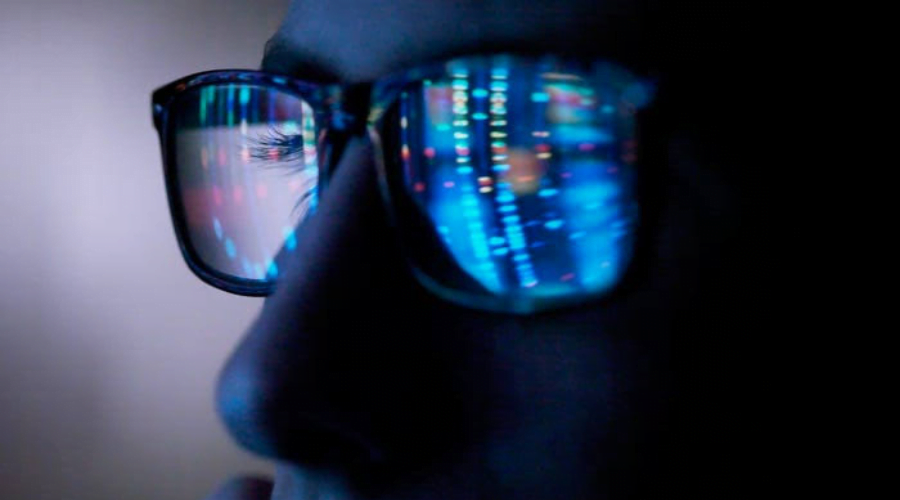

Blue light glasses, also known as computer glasses or blue-blocking glasses, are specially designed eyewear that filters out blue light from screens and other artificial sources. These glasses offer the following benefits:
- Reduced eye stress: By blocking off blue light, these glasses help lessen eye strain and fatigue, making them best for folks who spend extended hours in the front of displays.
- Enhanced sleep first-class: Blue light glasses can assist regulate your sleep styles through minimizing the disruption caused by blue light exposure, specially inside the nighttime or at night.
- Improved visible consolation: The lenses of blue mild glasses are designed to enhance visual contrast, reduce glare, and offer a extra snug viewing enjoy.
“Blue mild glasses provide a stylish and effective way to defend your eyes from the capability risks of extended blue light publicity. By incorporating these glasses into your day by day habitual, you may maintain healthier eyes and experience more visual comfort.” – Dr. Michelle Johnson, Optometrist
Now that you have a better understanding of screen filters and blue light glasses, you can incorporate these blue light protection measures into your lifestyle for a healthier and more comfortable visual experience.
Adjusting Display Settings for Blue Light Reduction
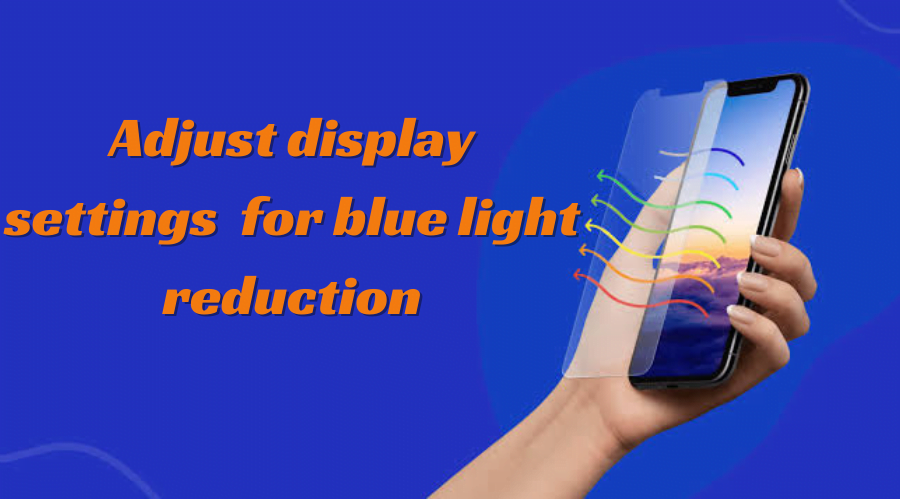

Reducing blue light emission out of your electronic devices is crucial for shielding your eyes. Thankfully, adjusting show settings on devices which include your telephone or laptop monitor can assist limit blue mild exposure. Follow those realistic pointers to personalize your show settings for top-quality eye safety:
- Enable blue mild filters: Most smartphones and computer systems provide integrated blue mild clear out settings. Activate those filters to reduce the depth of blue light emitted by the display screen.
- Adjust colour temperature: Decrease the shade temperature for your device to create a hotter, greater soothing display. This allows to counteract the harshness of blue light and decrease eye strain.
- Dim the brightness: Lowering the brightness level to your screen not best conserves battery life however additionally helps to reduce blue mild exposure. Find a cushty brightness level that suits your viewing situations.
- Use night time mode: Many devices now come with a night time mode or dark mode characteristic. By switching to this mode, you may reduce blue light emission and create a more visually relaxing experience, especially in the course of nighttime.
By adjusting your display settings, you can create a extra eye-friendly surroundings and protect your imaginative and prescient from the dangerous effects of blue mild. Remember to customise those settings on all your digital devices to make certain round-the-clock eye safety.
Tip: “By activating blue light filters and adjusting shade temperature and brightness, you can create a extra cushty viewing revel in and protect your eyes from immoderate blue light publicity.” – Dr. Jennifer Lawson, Ophthalmologist
| Device | Blue Light Filter Option | Color Temperature Adjustment | Brightness Adjustment | Night Mode Feature |
|---|---|---|---|---|
| Smartphone | ✓ | ✓ | ✓ | ✓ |
| Computer Monitor | ✓ | ✓ | ✓ | ✓ |
| Tablet | ✓ | ✓ | ✓ | ✓ |
| Laptop | ✓ | ✓ | ✓ | ✓ |
Incorporating Blue Light Protection into Your Daily Routine
Protecting your eyes from blue light is essential for maintaining good eye health in today’s digital age. By incorporating simple habits into your daily routine, you can minimize the potential risks associated with blue light exposure. Here are some practical suggestions to help you prioritize blue light protection:
Protecting your eyes from blue light is essential for maintaining desirable eye health in present day virtual age. By incorporating simple conduct into your every day recurring, you could decrease the ability dangers associated with blue mild publicity. Here are some practical suggestions to help you prioritize blue light safety:
1 .Take Regular Breaks from Screens
One of the best approaches to shield your eyes from blue light is by means of taking everyday breaks from monitors. Engaging in sports that don’t involve virtual devices lets in your eyes to relaxation and reduce the strain resulting from extended publicity to blue mild. Consider implementing the “20-20-20 rule” – each 20 mins, examine something 20 feet away for at least 20 seconds.
2 .Create Proper Lighting Conditions
Optimizing the lighting fixtures conditions on your environment can notably reduce the impact of blue mild on your eyes. Ensure that the room where you use your electronic gadgets is satisfactorily lit, keeping off immoderate brightness or harsh lighting fixtures. Additionally, take into account using heat or low-depth lights within the evenings to reduce blue mild publicity before bedtime.
3 .Consider Blue Light Filtering Glasses
Investing in blue light filtering glasses is any other great way to guard your eyes from the dangerous outcomes of blue mild. These glasses are especially designed to dam or clear out a tremendous part of blue mild emitted by means of digital displays. By wearing these glasses for the duration of display screen time, you may lessen eye stress, fatigue, and capability lengthy-term risks.
4. Practice Eye Exercises
Regular eye exercises can help improve eye flexibility, lessen eye strain, and alleviate the consequences of blue light exposure. Consider incorporating simple physical games into your daily routine, together with rolling your eyes in round motions, specializing in distant gadgets, or blinking often to hold your eyes moisturized and refreshed.
5. Maintain an Ergonomic Workstation
Creating an ergonomic laptop is critical for selling wholesome eye conduct. Ensure that your laptop screen is placed at eye level and approximately 20 inches faraway from your face to reduce stress. Adjust the brightness and evaluation settings for your display to suit your consolation level, and use an anti-glare display protector if necessary.
Remember, incorporating blue light safety into your day by day ordinary is a proactive step towards safeguarding your eye health. By adopting those habits, you could minimize the potential dangers of blue light exposure and hold most suitable eye well being.
| Blue Light Protection Habits | Benefits |
|---|---|
| Taking regular breaks from screens | Reduces eye strain and fatigue |
| Creating proper lighting conditions | Minimizes blue light exposure |
| Using blue light filtering glasses | Blocks or filters out harmful blue light |
| Practicing eye exercises | Improves eye flexibility and reduces strain |
| Maintaining an ergonomic workstation | Promotes overall eye health and comfort |
The Benefits of Antioxidants in Eye Health
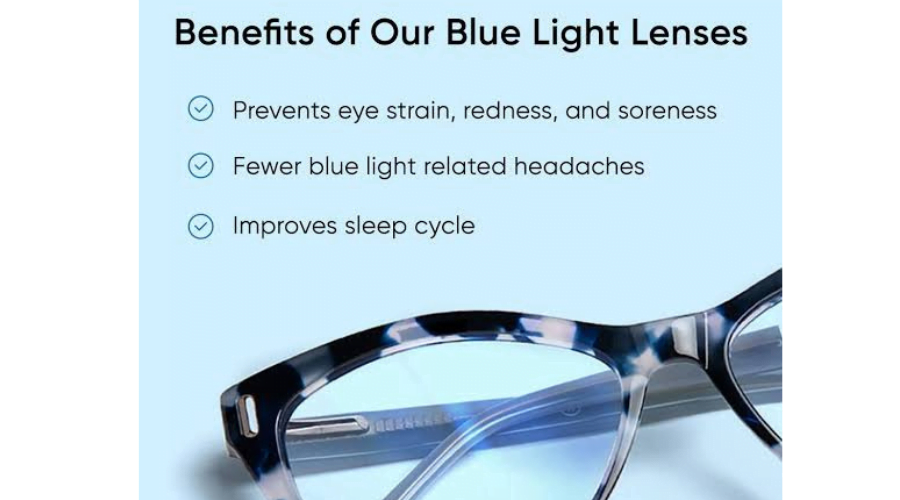

When it comes to protecting our eyes from the harmful effects of blue light, antioxidants play a crucial role. These powerful compounds help combat oxidative stress caused by exposure to blue light, supporting overall eye health and minimizing the risk of related conditions.
Antioxidants are known for their ability to neutralize harmful free radicals in the body. Free radicals are unstable molecules that can damage cells and contribute to various health issues, including eye-related problems. By scavenging these free radicals, antioxidants help prevent cellular damage and promote healthy eye function.
Dietary sources of antioxidants are readily available and can be easily incorporated into our daily meals. Some of the most antioxidant-rich foods include:
- Berries: Blueberries, strawberries, and raspberries are packed with antioxidants like vitamin C, anthocyanins, and flavonoids.
- Leafy greens: Spinach, kale, and broccoli are rich in lutein and zeaxanthin, two powerful antioxidants that are particularly beneficial for eye health.
- Colorful vegetables: Carrots, sweet potatoes, and bell peppers are loaded with beta-carotene, which the body converts into vitamin A, a vital nutrient for eye health.
- Nuts and seeds: Almonds, walnuts, and chia seeds are rich in vitamin E, another antioxidant that helps protect the cells in our eyes.
- Fatty fish: Salmon, tuna, and sardines are excellent sources of omega-3 fatty acids, which have antioxidant and anti-inflammatory properties beneficial for eye health.
By incorporating these antioxidant-rich foods into our diet, we can supply our bodies with the nutrients they need to support eye health and combat the damaging effects of blue light exposure. While a well-rounded diet is important, it’s also worth considering supplements that provide a concentrated dose of antioxidants for optimal eye support.
Ensuring an adequate intake of antioxidants helps strengthen the natural defense mechanisms in our eyes and enhances their ability to withstand the oxidative stress caused by blue light. By adopting a balanced and antioxidant-rich diet, we can promote long-term eye health and enjoy the benefits of blue light protection.
Establishing a Healthy Sleep Environment
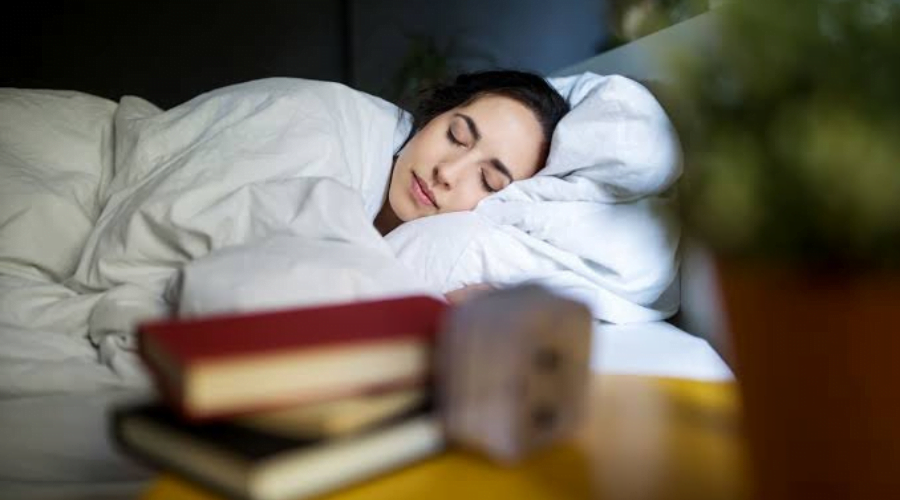

Welcome to the section on establishing a healthy sleep environment. Creating the right conditions for a restful night’s sleep is essential for our overall well-being. One crucial aspect to consider is minimizing blue light exposure at night, as it can disrupt our sleep patterns and affect the quality of our rest. Let’s explore some strategies to create a healthy sleep environment:
Keep Electronics Out of the Bedroom
To promote better sleep, it’s important to keep electronic devices out of the bedroom. The artificial blue light emitted by smartphones, tablets, and other electronics can interfere with the production of melatonin, a hormone that regulates sleep. By reserving the bedroom as a space solely for sleep, you can reduce your exposure to blue light and promote a more restful slumber.
Use Night Mode Settings on Devices
Many electronic devices now offer a night mode or blue light filter feature. By enabling these settings, you can reduce the amount of blue light emitted by the screen, making it easier for your eyes to relax and promoting a healthier sleep environment. Take advantage of these options to create a more soothing visual experience before bedtime.
Create a Relaxing Bedtime Routine
In addition to minimizing blue light exposure, establishing a relaxing bedtime routine can help signal to your body that it’s time to wind down and prepare for sleep. Consider activities such as reading a book, taking a warm bath, or practicing relaxation techniques like deep breathing or meditation. Engaging in calming activities can promote a calm and peaceful state of mind, making it easier to fall asleep and stay asleep throughout the night.
“Creating a healthy sleep environment is key to getting the restful sleep our bodies need. By reducing blue light exposure and incorporating relaxing bedtime routines, we can improve our sleep quality and wake up feeling refreshed and rejuvenated.”
Remember, a healthy sleep environment is not only important for getting a good night’s sleep but also for overall physical and mental health. By implementing these strategies, you can create a space conducive to restful sleep and establish healthy sleep habits that benefit your well-being.
Educating Others on Blue Light Protection


Spreading awareness about the importance of blue light protection is crucial for promoting healthy eye habits in the digital age. By educating others on the potential risks of blue light exposure and sharing preventive measures, we can collectively prioritize our eye health.
Here are some tips to help you educate your friends, family, and colleagues:
- Lead by example: Show others how you prioritize blue light protection in your own daily routine. By setting a positive example, you can inspire those around you to adopt healthier habits.
- Share knowledge: Share information about the effects of blue light on eye health and the importance of protective measures. Discuss the potential risks of prolonged screen time and the benefits of blue light filters or glasses.
- Organize workshops or presentations: Consider organizing workshops or presentations at schools, workplaces, or community centers. Provide practical tips on reducing blue light exposure and offer demonstrations on how to adjust device settings.
- Create awareness campaigns: Utilize social media platforms or local community groups to create awareness campaigns on blue light protection. Share informative articles, infographics, or videos to reach a wider audience.
- Collaborate with healthcare professionals: Seek collaboration with optometrists, ophthalmologists, or other healthcare professionals to organize eye health awareness events. They can provide expert guidance and answer questions from participants.
Remember, every effort to educate others on blue light protection can make a difference in improving eye health and reducing the risk of digital eye strain.
By spreading awareness, we can empower individuals to make informed choices and prioritize their eye health. Together, let’s create a culture of blue light protection and ensure long-lasting well-being for ourselves and future generations.
Maintaining Long-Term Eye Health
In order to ensure long-term eye health, it is essential to prioritize regular eye exams and seek professional advice. By doing so, you can proactively monitor your eye health, detect any potential issues early on, and receive expert guidance on maintaining optimal vision.
Eye exams are crucial for assessing the overall health of your eyes and detecting any signs of vision problems or eye diseases. Through comprehensive eye examinations, an eye care specialist can evaluate your vision, check for refractive errors, measure your eye pressure, and examine the health of your retina and optic nerve.
“Regular eye exams are essential for maintaining long-term eye health and preventing vision problems.”
During an eye exam, your eye care professional may also ask about your lifestyle, occupation, and any specific concerns you may have. This helps them tailor their advice to better suit your needs and provide personalized recommendations for protecting your eyes.
Following the advice and recommendations of an eye care specialist is vital for long-term eye health. They can provide guidance on various preventive measures, such as wearing sunglasses to protect your eyes from harmful UV rays, practicing good hygiene habits when using contact lenses, and adopting a healthy diet rich in nutrients beneficial for your eyes.
In addition to seeking professional advice, it is important to prioritize self-care and incorporate healthy habits into your daily routine. This can include taking regular breaks from screens to reduce eye strain, practicing the 20-20-20 rule (taking a 20-second break every 20 minutes to focus on an object 20 feet away), and ensuring proper lighting conditions when working or reading.
By combining regular eye exams, professional advice, and healthy habits, you can take proactive steps towards maintaining long-term eye health. Remember, your eyes are precious, and investing in their care now will pay off in the future.
Conclusion
In conclusion, prioritizing blue light protection is vital for safeguarding our eyes and preserving long-term eye health. With the increasing use of digital screens in our daily lives, it is crucial to understand the effects of blue light on our eyes and take proactive measures to minimize its impact.
By incorporating protective measures into our daily routines, such as using screen filters and blue light glasses, we can significantly reduce the strain on our eyes and mitigate the potential risks associated with prolonged exposure to blue light.
Furthermore, educating others about the importance of blue light protection is key to promoting eye health awareness. By spreading the knowledge and encouraging healthy eye habits, we can create a collective effort towards creating a healthier digital environment.
Remember, our eyes are precious, and by taking steps to prioritize blue light protection, we can enhance our well-being, maintain healthier eyes, and enjoy optimal vision for years to come.
FAQ
What is blue light protection and why is it important for eye health?
Blue light protection refers to measures taken to reduce exposure to blue light, which is emitted by electronic devices and other sources. It is important for eye health because prolonged exposure to blue light can lead to eye strain, fatigue, and potentially more serious conditions.
What is blue light and how does it affect eye health?
Blue light is a high-energy, short-wavelength light that is emitted by digital screens, LED lights, and the sun. Overexposure to blue light can cause eye strain, dryness, and even damage to the retina over time.
How does blue light affect sleep patterns?
Blue light can suppress the production of melatonin, a hormone that regulates sleep. Exposure to blue light at night, especially from electronic devices, can disrupt the sleep-wake cycle and make it harder to fall asleep.
What is the role of blue light in age-related macular degeneration?
Prolonged exposure to blue light, particularly the harmful blue-violet light, has been linked to an increased risk of developing age-related macular degeneration (AMD), a leading cause of vision loss in older adults.
How can I protect my eyes from blue light?
There are several blue light protection measures you can take, such as using screen filters, wearing blue light glasses, and reducing screen time. These measures can help minimize the amount of blue light that reaches your eyes.
How can I adjust display settings to reduce blue light?
You can adjust the display settings on your electronic devices to reduce blue light emission. This includes activating night mode or blue light filters, reducing screen brightness, and using warm color temperature settings.
How can I incorporate blue light protection into my daily routine?
You can incorporate blue light protection into your daily routine by taking regular breaks from screens, practicing the 20-20-20 rule (looking at something 20 feet away for 20 seconds every 20 minutes), and ensuring proper lighting conditions.
What are the benefits of antioxidants for eye health?
Antioxidants play a crucial role in promoting eye health by protecting the eyes against oxidative stress caused by exposure to blue light and other environmental factors. Consuming a diet rich in antioxidants can help support overall eye health.
How can I create a healthy sleep environment to minimize blue light exposure?
To create a healthy sleep environment, keep electronic devices out of the bedroom, use night mode settings on devices, and establish a bedtime routine that includes low-light activities and relaxation techniques.
How can I educate others about the importance of blue light protection?
You can educate others about blue light protection by sharing information about the potential risks of blue light exposure, suggesting protective measures, and encouraging them to prioritize eye health in their daily lives.
What can I do to maintain long-term eye health?
To maintain long-term eye health, it is important to have regular eye exams, adopt healthy eye care habits, and seek professional advice when needed. Taking preventive measures and addressing any eye health concerns early can help preserve your vision.


TotalInfo4U: Your Ultimate Source for Comprehensive Knowledge

